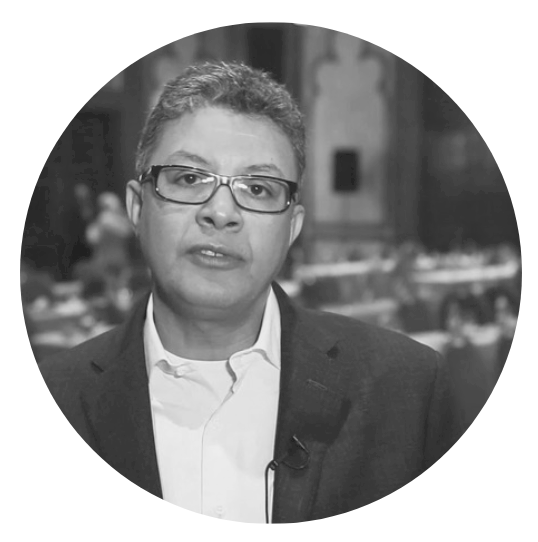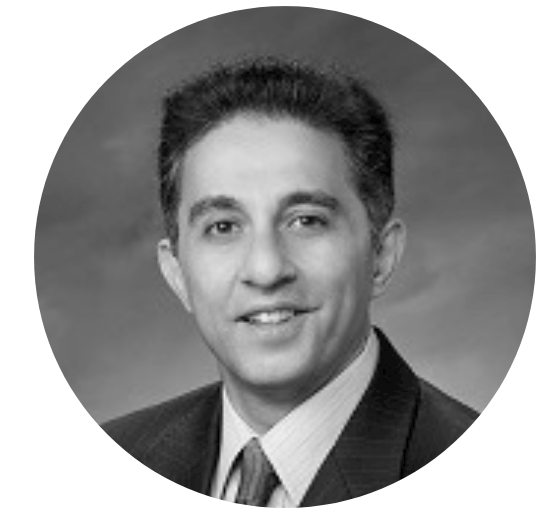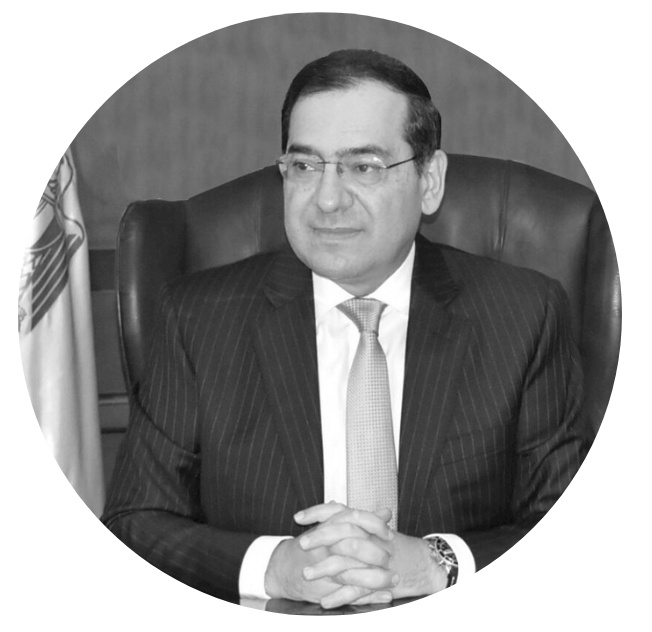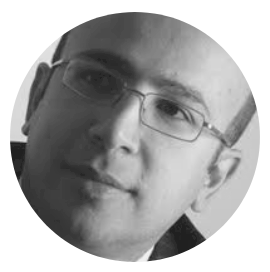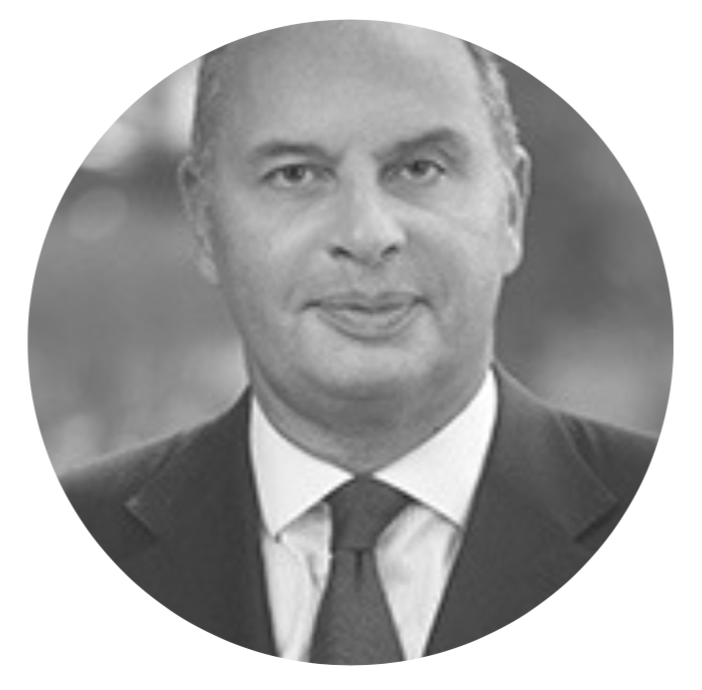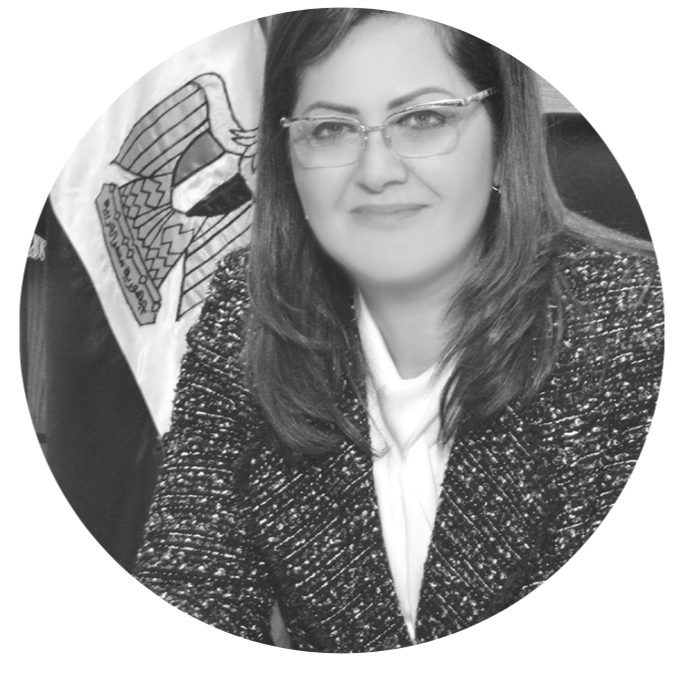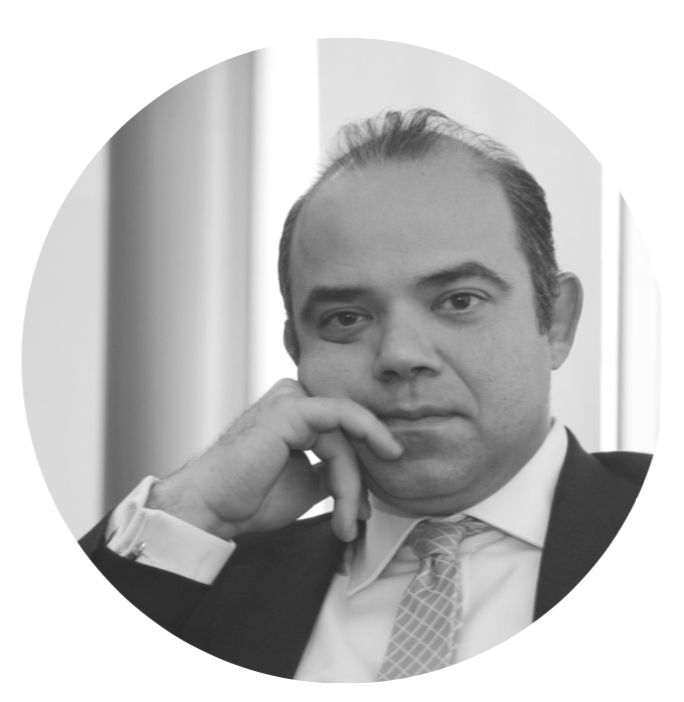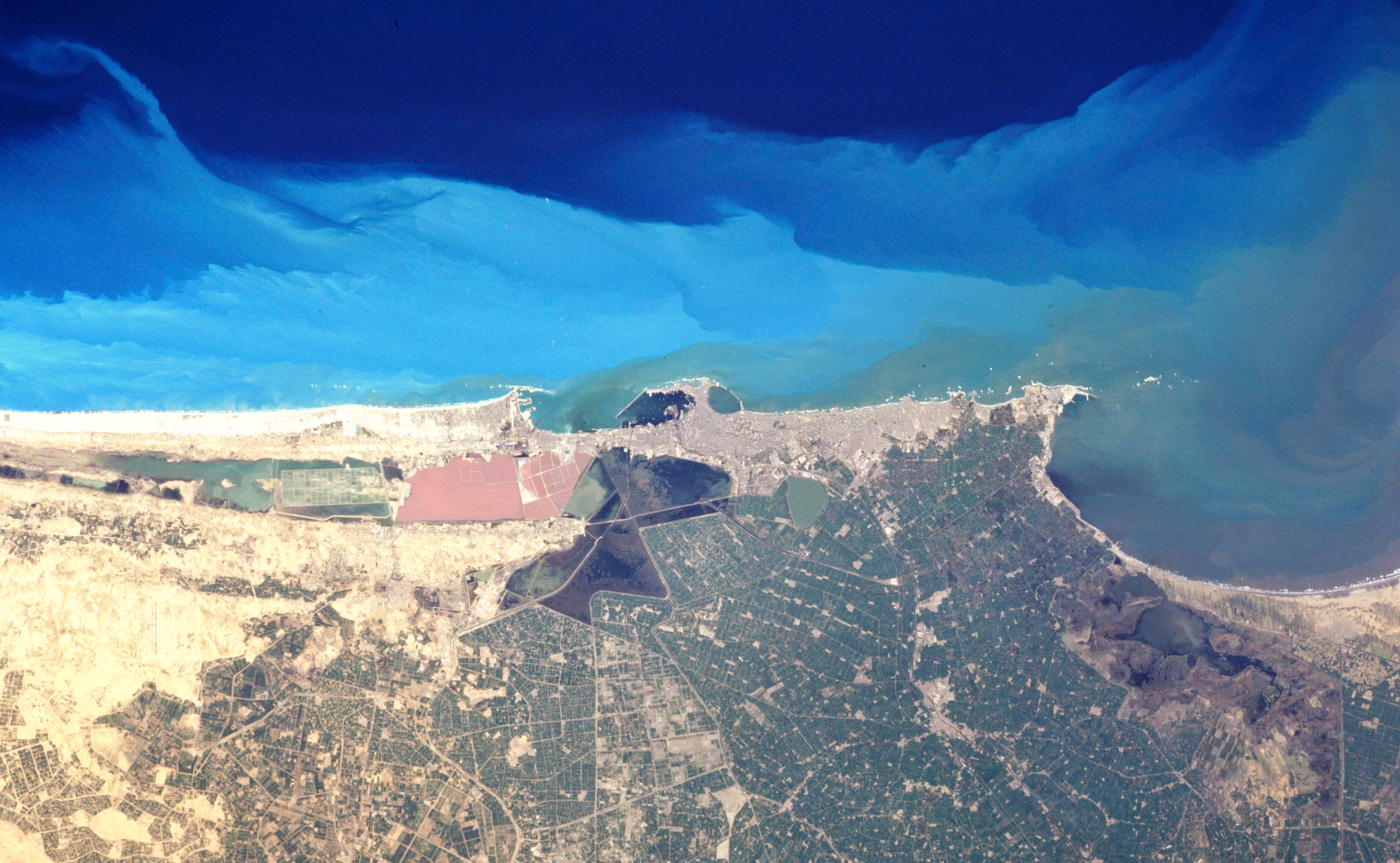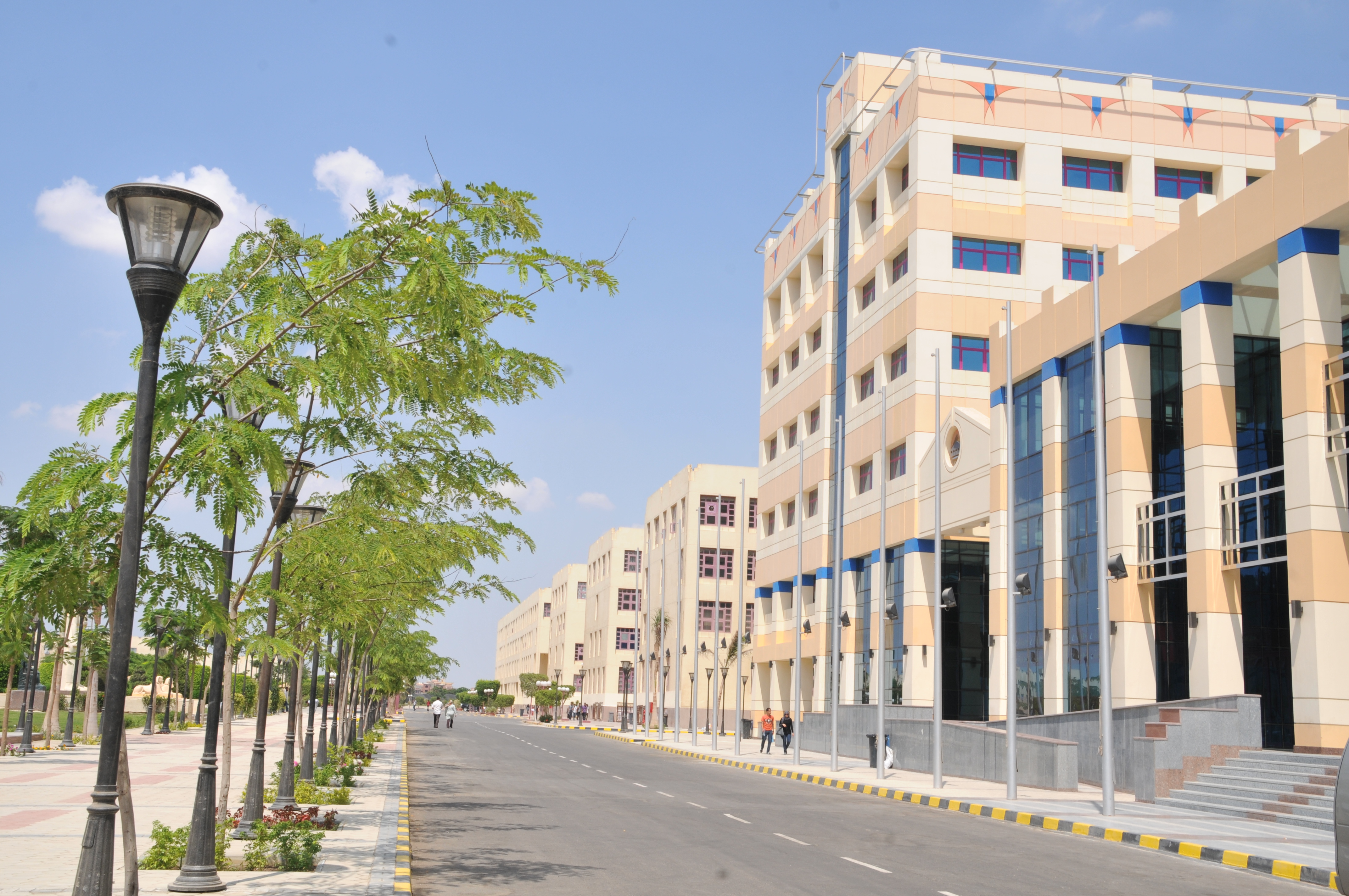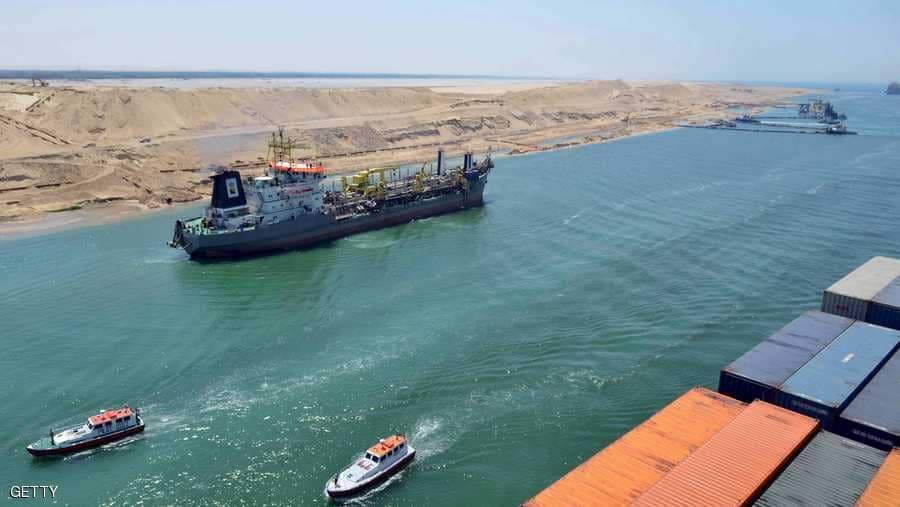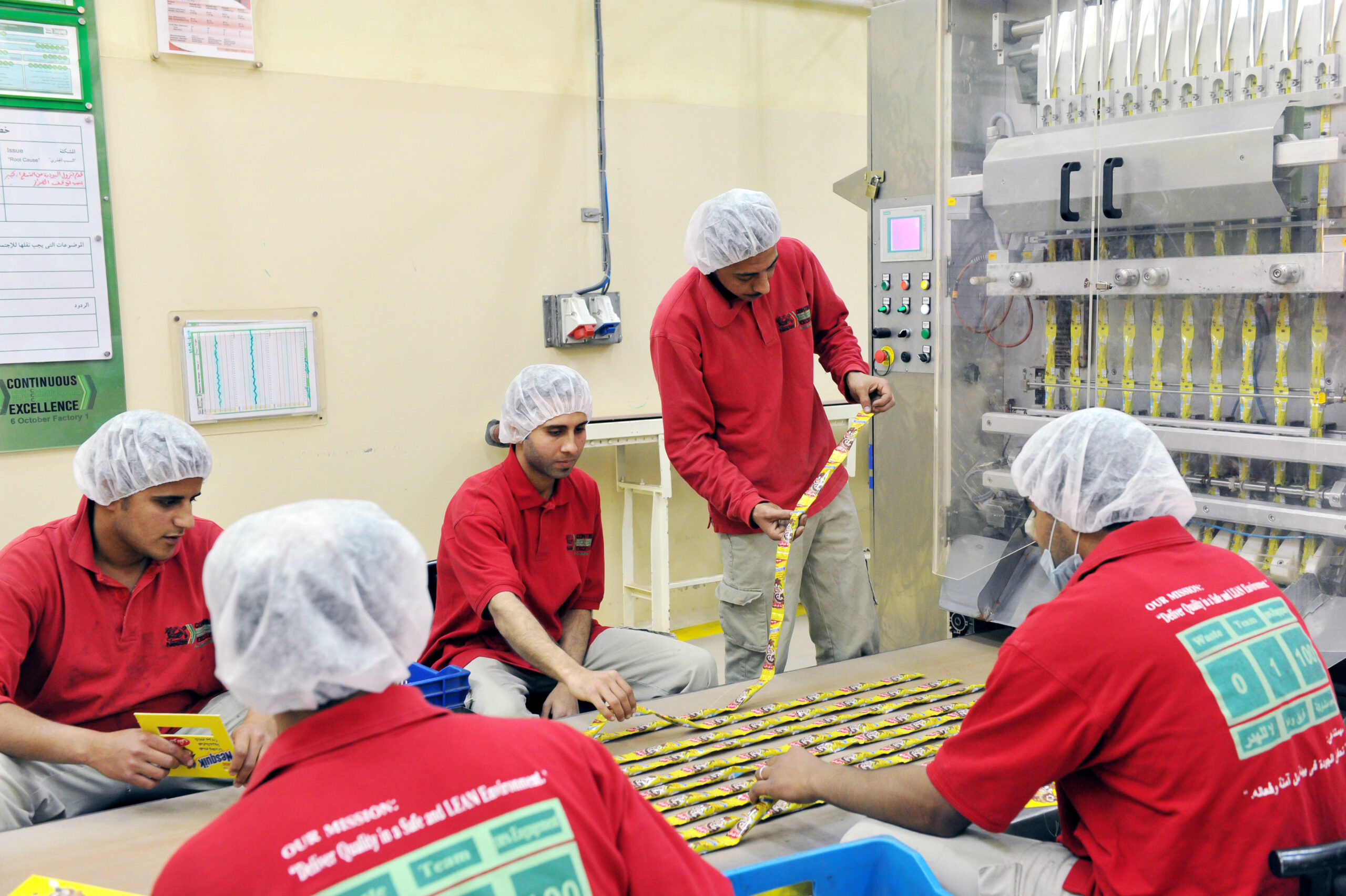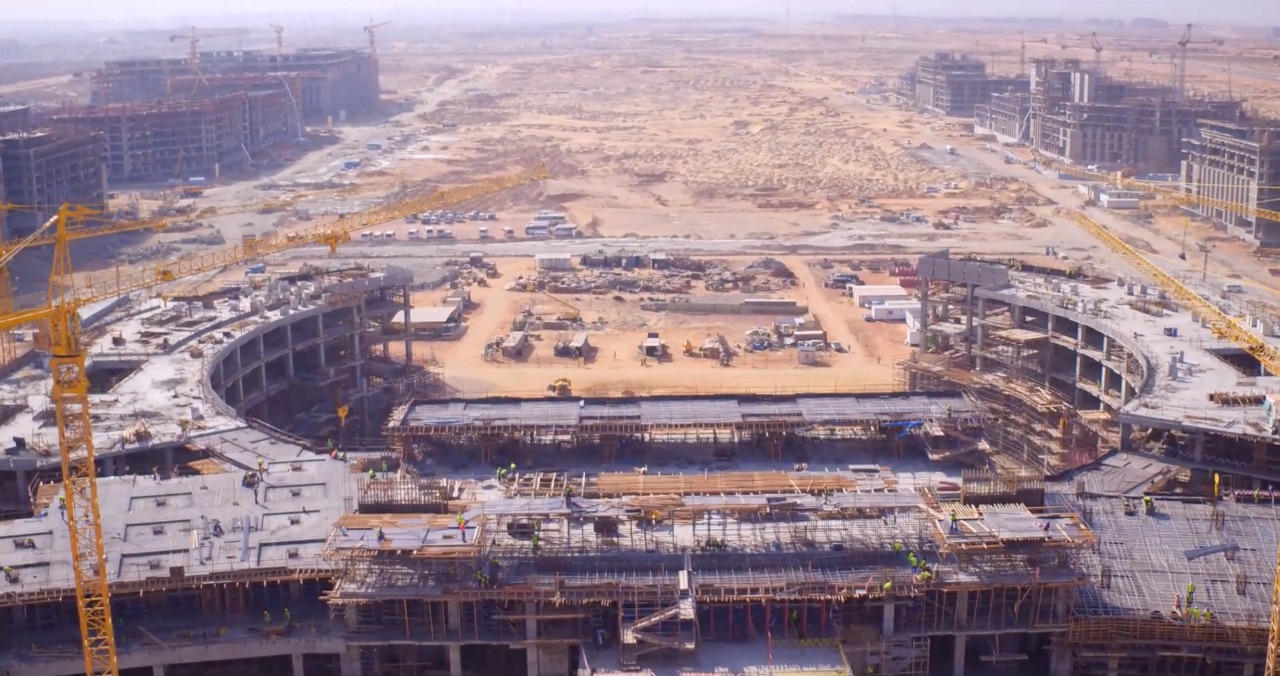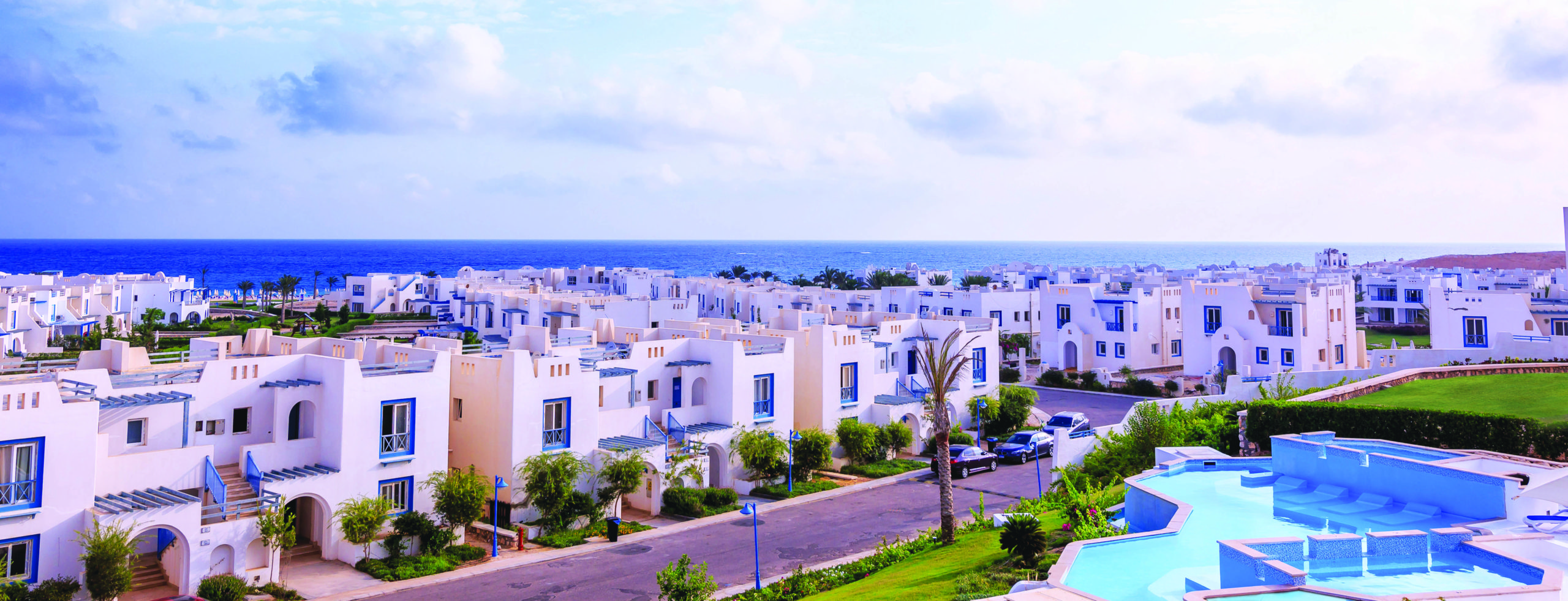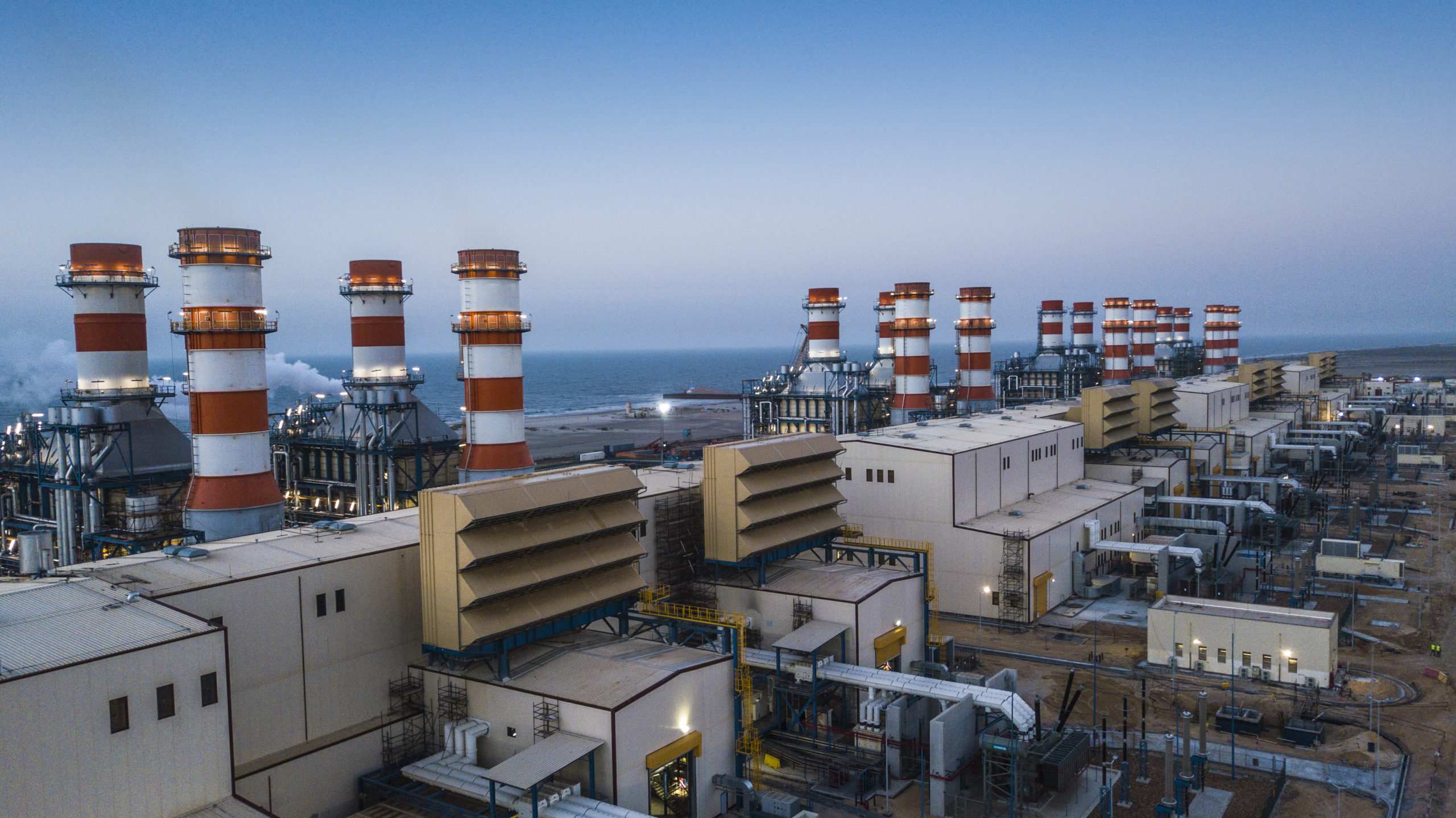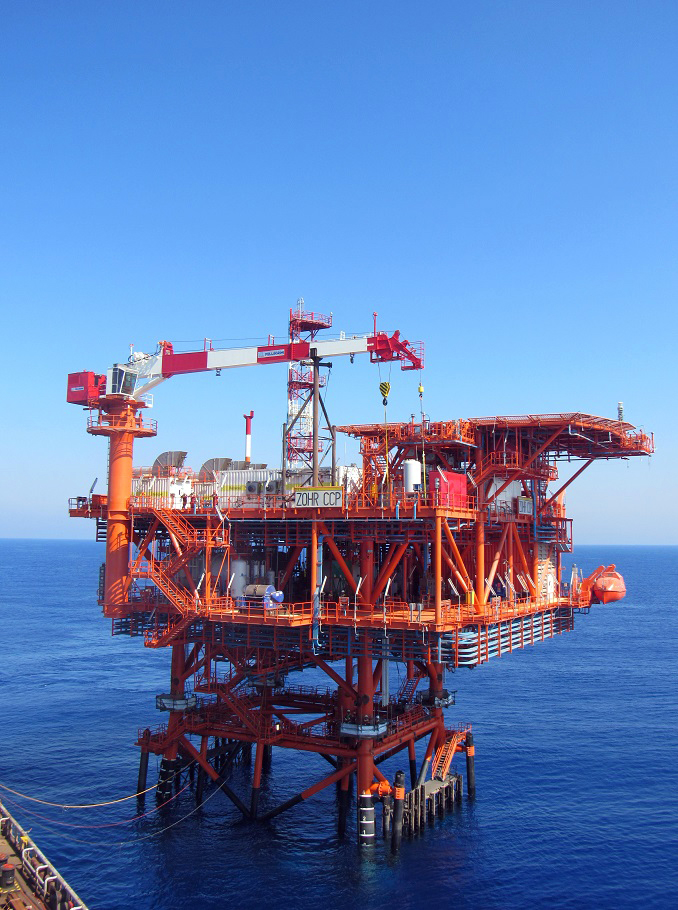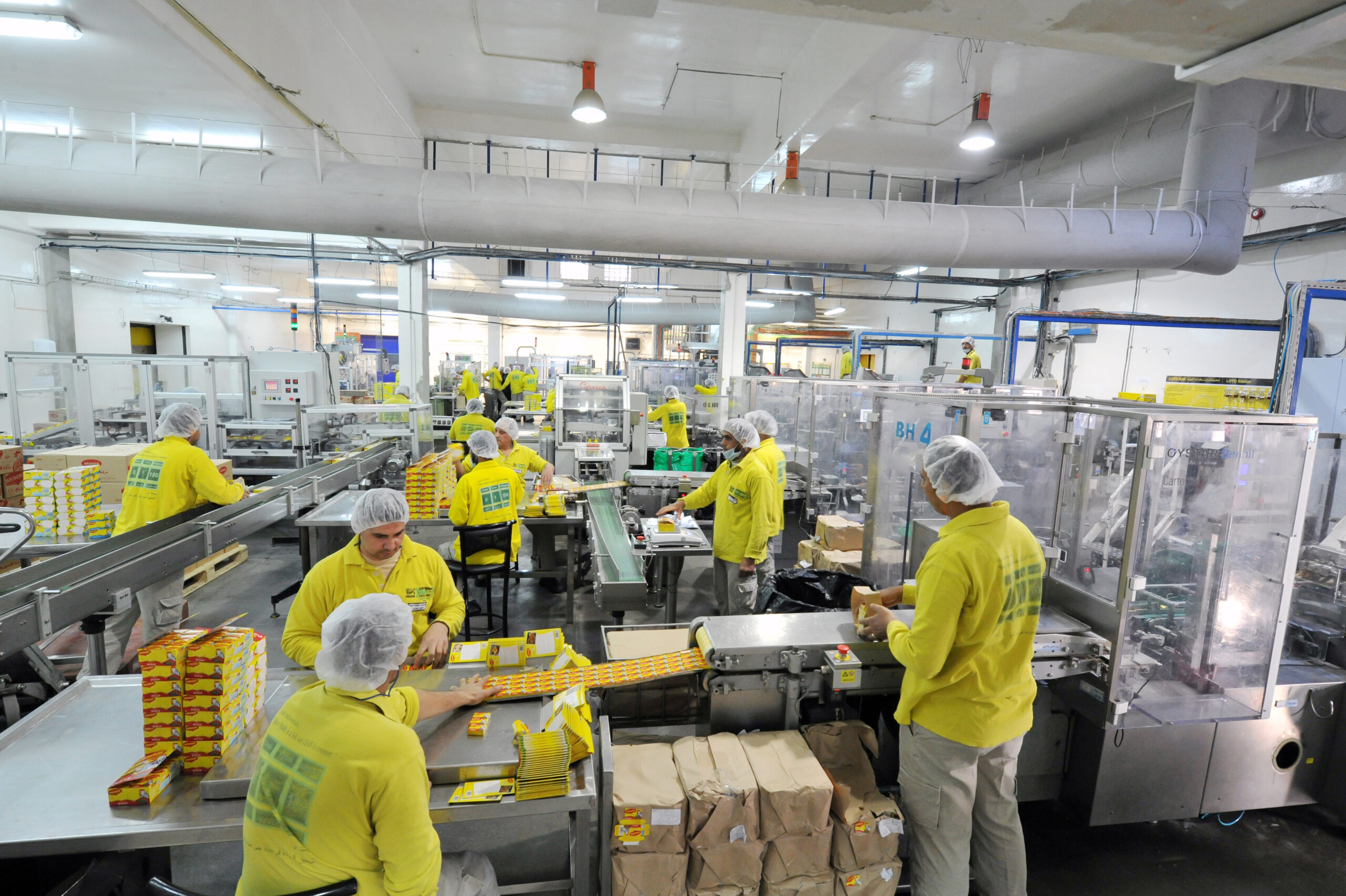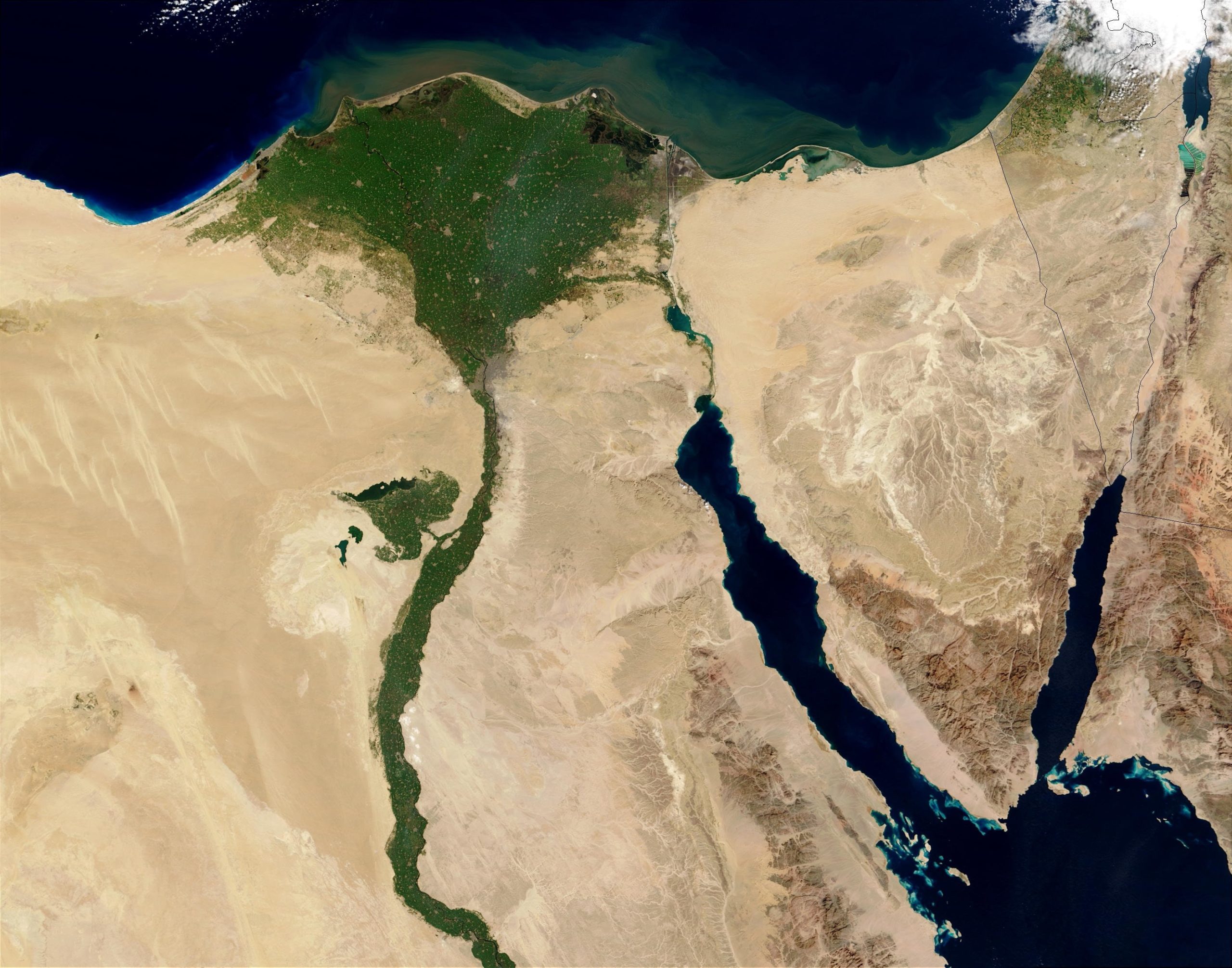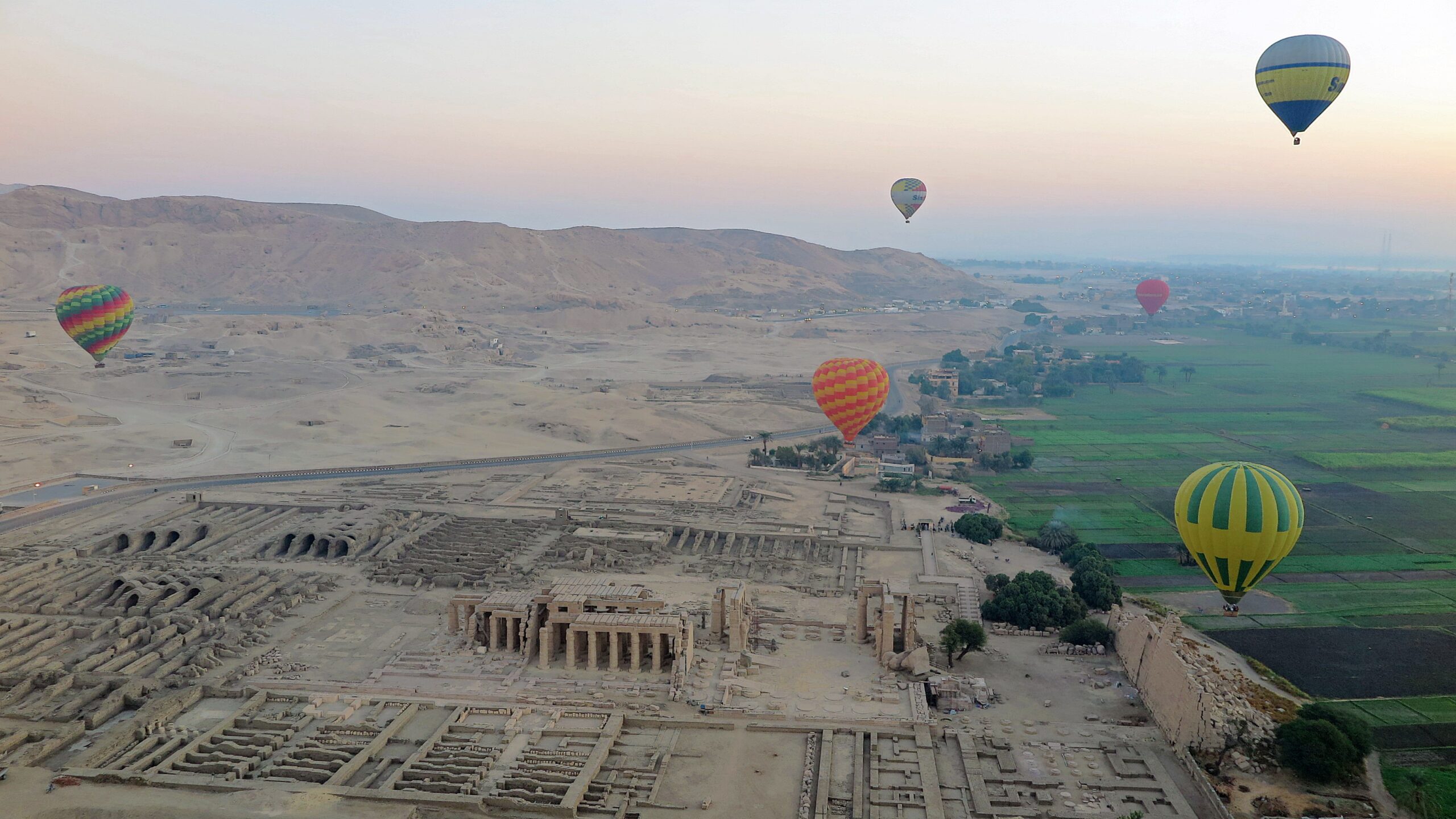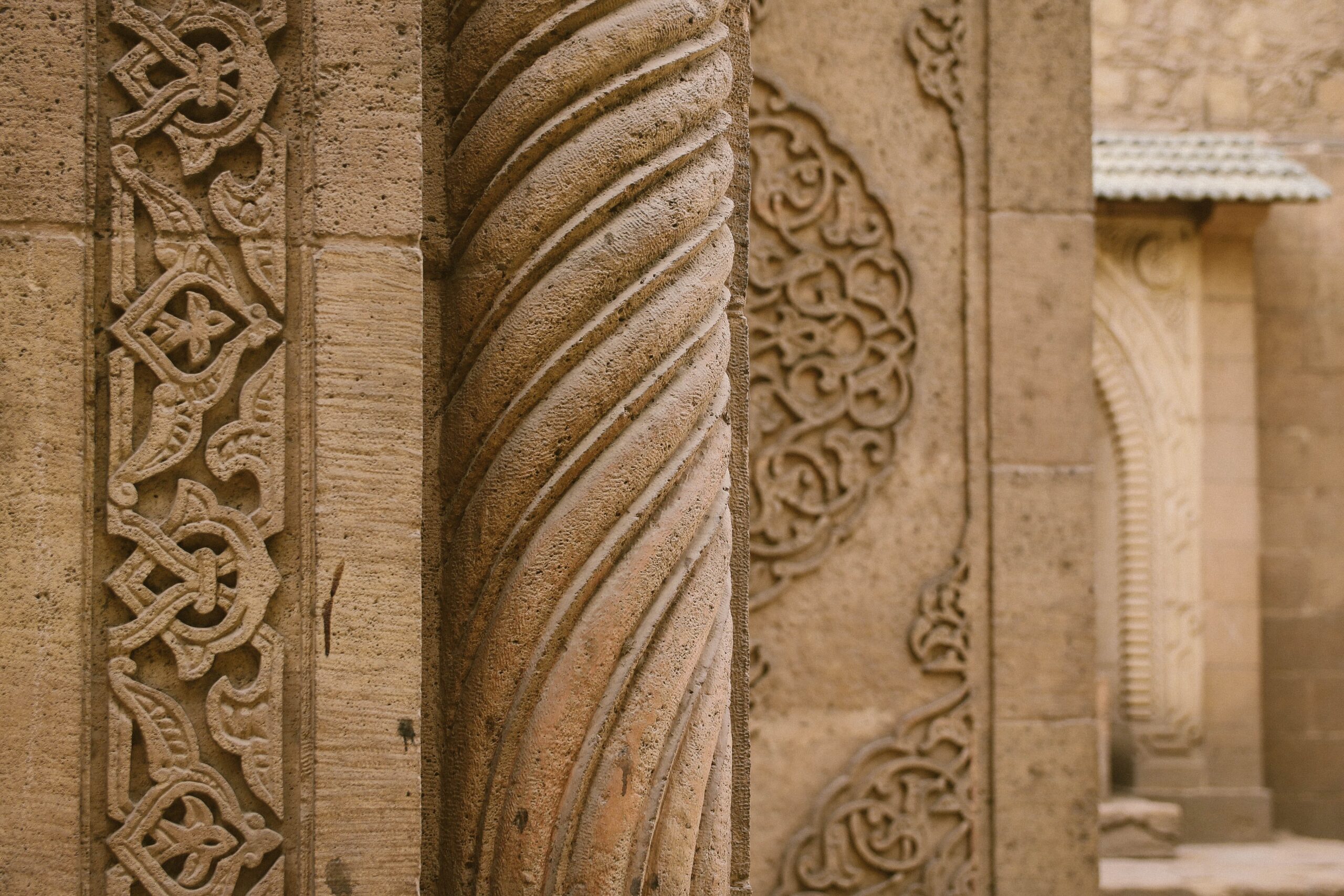On track to be the fastest growing county over the next two decades
Overlooking the colorful city with a winding river and emerald rolling hills surrounding the parameter, Chief Executive of Cork County Council, Tim Lucey, was proud to showcase his county. Cork is the largest county in Ireland, and home to the second most populated city in Ireland. The County is dynamic and houses the European headquarters of tech giant, Apple, and the headquarters of Dairygold, a renowned Irish dairy cooperative. Cork has continuously been high on the charts for attracting FDI, and is home to 158 FDI companies, such as Dell EMC, Pfizer, IBM, and Boston Scientific. With a highly educated talent pool, unequivocal quality of life, and value for money, Cork will continue to attract giants of industry. Cork County is Ireland’s second largest economic driver, and on track to be the fastest growing region in the country for the next two decades.
Tim Lucey stated, “Cork offers a unique balance between business and quality of life, which has been an asset in developing its potential. The region has the University College Cork and the Cork Institute of Technology, producing more engineers than any other institution in Ireland. This gives the region’s population opportunities for personal development and businesses a talent pool that breeds innovation. These institutions engage with companies to produce industry ready graduates, and our world class research offers a competitive edge with an applied approach.”

Lucey went on to explain how the ease of doing business in Cork is unique, “The strong relationship between public and private authorities, businesses and education institutions are a standard factor in Cork. It is the bedrock upon which Cork and its companies thrive. Companies like Pfizer, who has been in Cork for 50 years, trust in this relationship. There is also plenty of room to grow operations in a sustainable manner, not to mention at a discounted rate relative to the capital. FDI employs around 40,000 people in Cork. We have FDI clusters in life sciences, food, technology, and global business services. We are proud to be recognized for our innovation and entrepreneurial spirit, that has put indigenous businesses on the map and attracted global market leaders.”
Unlike in larger cities, over 60% of people in Cork get to work within 30 minutes or less. However, with the growing number of companies moving to Cork, the region is facing challenges. Lucey assured there is a strategic plan to mitigate those challenges and stated, “The region of Cork does not have the congestion levels that are apparent in Dublin. Nonetheless, our growth trajectory will create challenges, but plans are in place to build the infrastructure that is needed. Billions of euro are being invested into infra- structure, healthcare and education facilities.”
Forward thinking, the ambitious plans set out in the national Project Ireland 2040 will completely transform the region. Its policy and planing framework is all encompassing, involving social, economic and cultural development. With projections of a 50% increase in Cork’s population by 2040, which is already over a half a million people, the project is planning for the future. The Irish government’s 116 billion euro project focuses on the regions, with three quarters of the new growth outside of Dublin. The plan includes an investment of 75 million euro in the Cork Event Center; up to 90 million euro on the redevelopment of the Port of Cork; 900 million euro in the M20 Cork-Limerick motorway; 200 million euro in bus services; and Cork’s Crawford Art Gallery to receive 22 million euro to refurbish the public museum.
Cork’s ambitious plans will feed into a growing transport sector, increasing its importance as a hub for logistics and trade. Cork has been a gateway to Europe for centuries, and is well connected by road, rail, air and sea. The county houses Ireland’s second largest airport, Cork International Airport, which provides access to nearly 50 international destinations. The Port of Cork is Ireland’s second busiest port, and home to the second largest natural harbor in the world. It is working to further develop its modern deepwater facilities to create a link in the global supply chain, playing a crucial role in the region’s development. This port is already considered one of the ‘core’ ports by the EU on the North Sea Mediterranean Corridor, and considered a Tier 1 Port, servicing all six shipping modes. The new Cork Container Terminal in Ringaskiddy will open in 2020, which was the largest single investment in the Port of Cork for 200 years. This represents the growth potential for the port, and its strategic future for pan-European maritime services, making Cork an international gateway for trade.
“In addition to our growth and development, the beauty of our region is that it is attractive for a lot of Europeans to come to live and work. Diversity is growing, which will support a variety of global businesses from a language and skill set point of view. A recent survey showed 92% of Cork’s residents were satisfied with the quality of life available,” said Lucey.
Contributing to a high quality of life is Cork’s abundance of rugged coastlines, sandy beaches, lush green fields, and hills abound speckled with colorful towns, villages and the vibrant the Cork City. Cork is not only recognized for its work-life balance, but also considered a priority for tourists. Home to the famous Blarney Castle, visitors travel to Cork to indulge their mystical sides and kiss the Blarney Stone to gain ‘the gift of the gab.’ There is a strong arts culture embedded with Gaelic traditions, and the region has become a hotbed for artists, musicians, writers, and poets.
Lucey mentioned other key attractions, “We have megalithic monuments, and Cobh, the port where many Irish emigrants boarded. It was also the last stop for the Titanic. Spike Island (resembling Alcatraz Island in San Francisco Bay) is a unique product that is becoming iconic as a visitor location. We are also investing in the Dursey Island cable car; the only cable car in the country. We are commencing a 78 million euro investment on these attractions.”
Alongside some of the world’s most successful multinationals, Cork is home to prestigious higher education institutions and historic attractions. Cork’s unique cultural offering, pro-business mindset, range of opportunities, and warm welcome allures and maintains investors from regions around the world. Cork fosters innovation, where companies can grow scalable, original technologies, products and services suitable for the world stage. The county has received a variety of accolades including Europe’s most culturally vibrant city by the EU Cultural and Creative Cities Monitor in 2017, and the Financial Times FDI Magazine ranking Cork as the best small city in Europe for business friendliness in 2018. With its proud reputation as Ireland’s second largest economic engine, it is clear Cork County will continue to be enviable for its track record in enticing investors for years to come.

